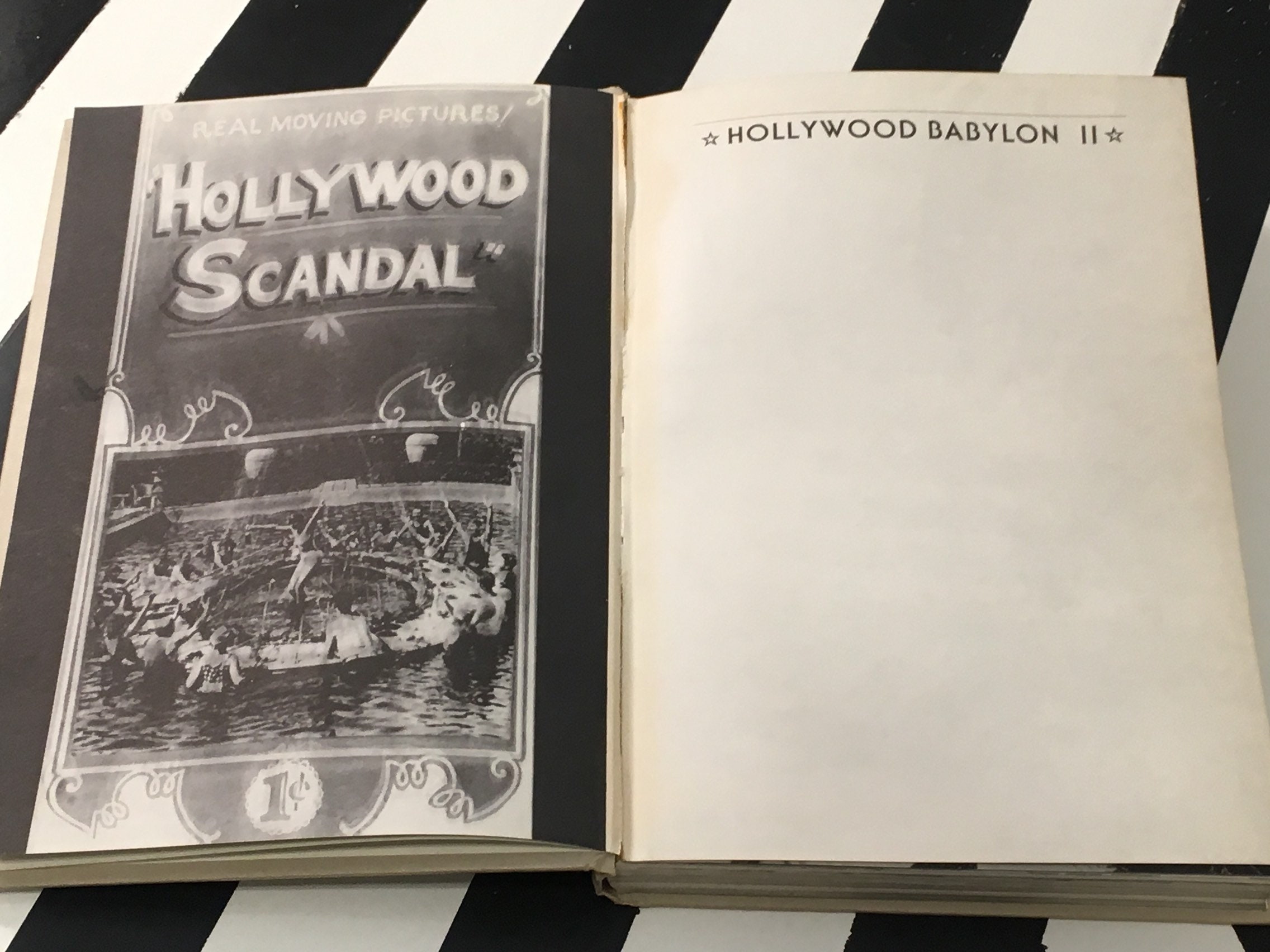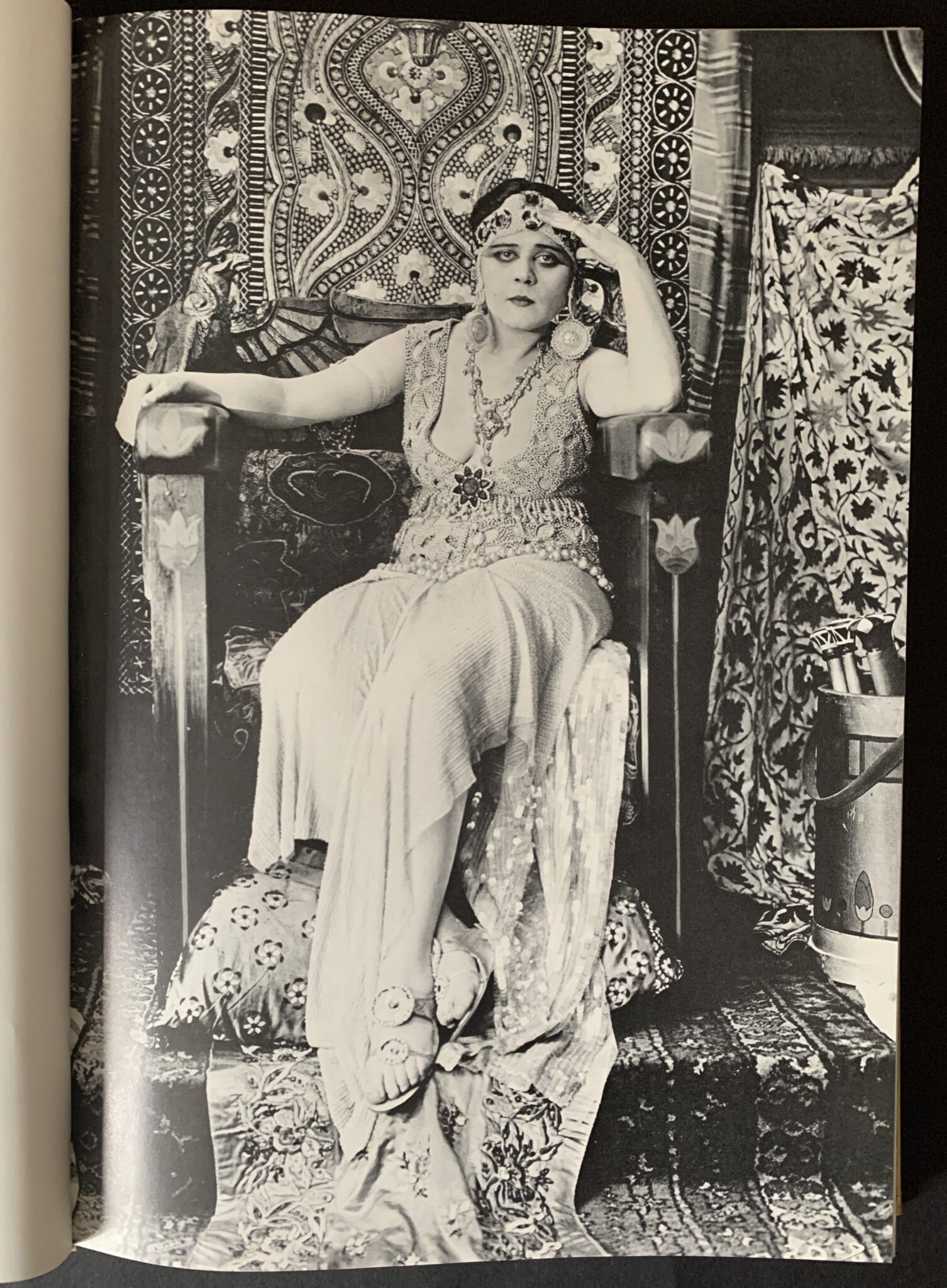
By her own account, she was less interested in the medium itself than in a chance to tell “the secret and/or forgotten histories of Hollywood’s first century,” in a format more likely to attract an audience than most books about Golden Age Hollywood do. Longworth started the series in 2014, during podcasting’s adolescence. Today, perhaps nobody works that line with as much rigor and spellcraft as Karina Longworth, the creator, writer, and host of the Hollywood-history podcast “You Must Remember This.”

Then, there’s the storytelling approach, practiced by those who try to locate the truth without sniffing too disapprovingly at the dish. Fair enough, but film studies won’t tell us what Marilyn Monroe said at a party. At the other end of the spectrum, academic film scholars offer a different promise: by looking at systems of representation, they hope to reveal structural truths about how movies create meaning. One problem with this style of revelation-in addition to its frequent misogyny and its breezy violation of privacy-is that the details are often wrong, fact checking not being a key value for the “Hollywood Babylon” school.

Kenneth Anger’s compendium of formative celebrity scandals, “Hollywood Babylon,” first published in the United States in 1965, took that tack, as do tabloids covering Hollywood gossip. How do you tell the truth about Hollywood, the greatest fantasy-making machine the world has ever known? One approach is to assume that the glamorous surfaces conceal something sordid, which means that exposing it will be titillating, and also sort of righteous: illusions are punctured, the rich and famous taken down a peg, and so on.


 0 kommentar(er)
0 kommentar(er)
